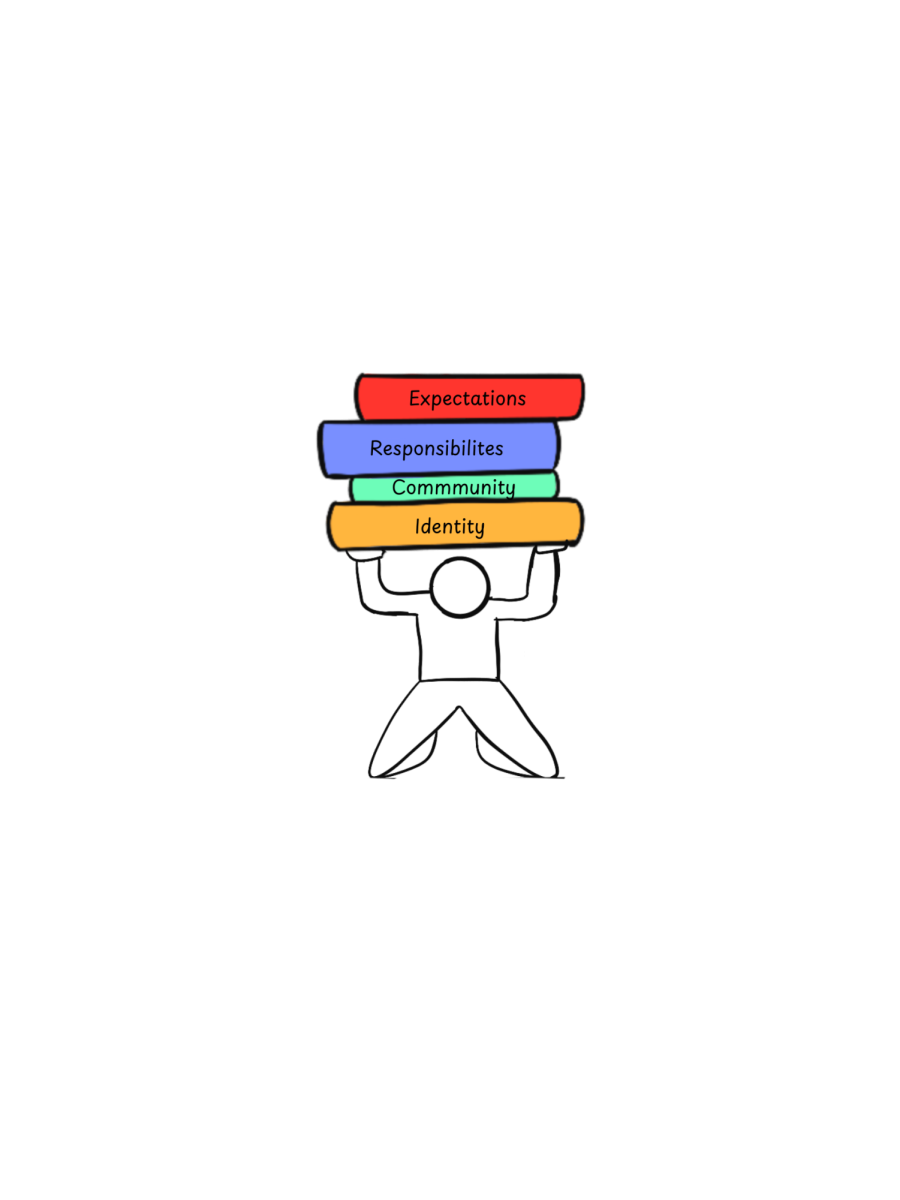In elementary school, I remember running to school in the cold, foggy mornings from my family’s car, eagerly awaiting the concepts and conversations I would make that following day. However, since then, school has shifted from an exciting place for learning into a factory designed to push out expert test takers, all while increasing academic pressure.

In its mission statement, one of the HHS visions and values is to nurture lifelong learners, according to the HHS website. However, I only see the irony in this statement when I text a friend at 3 a.m. to learn we are cramming for the same high-stakes test.
Rather than putting emphasis on developing lifelong soft skills, I find many teachers often prioritize learning content.
For example, in the math classes I have taken in high school, teachers do not allow for test corrections or retakes.
As a result, if I do not do the best on a test I cannot retake, I feel a lack of motivation to review those mistakes, especially if teachers do not allow class time for review. In fact, offering test corrections promotes a supportive learning environment by allowing students to reflect on their errors and take part in the feedback process, according to the National Library of Medicine.
In addition to test corrections, removing tests may be the better choice as a whole.
In many of the science classes I have taken in school such as AP biology, tests determine a large percentage of the course grade. Having such an important test can make me stressed and less inclined to study.
Moreover, with such academic pressure to overachieve in the Bay Area, I realize many students including myself may wait till the last minute to study for a test. As a matter of fact, 99% of students have admitted to cramming at least once in their lives, according to BBC. This can also result in cheating and other ways to increase scores without studying.
Due to the negative consequences of tests, classes should move to offer more project-based assessments, which some teachers are already carrying out. For instance, English teacher Megan Rupe said she does not give out tests because they do not emulate what students would experience in real life, where there is not a closed book and they can access resources.
In my experience, many projects are group projects which help me improve my collaboration skills among my peers. So, by offering more projects rather than tests, schools can help develop more soft skills useful to life after high school.
Schools like HHS must make an effort to adhere to their mission statement and focus on giving students an education that betters students for the future. Instead of pouring expectations down our throats, teachers can make learning genuine by replacing tests with projects.
















